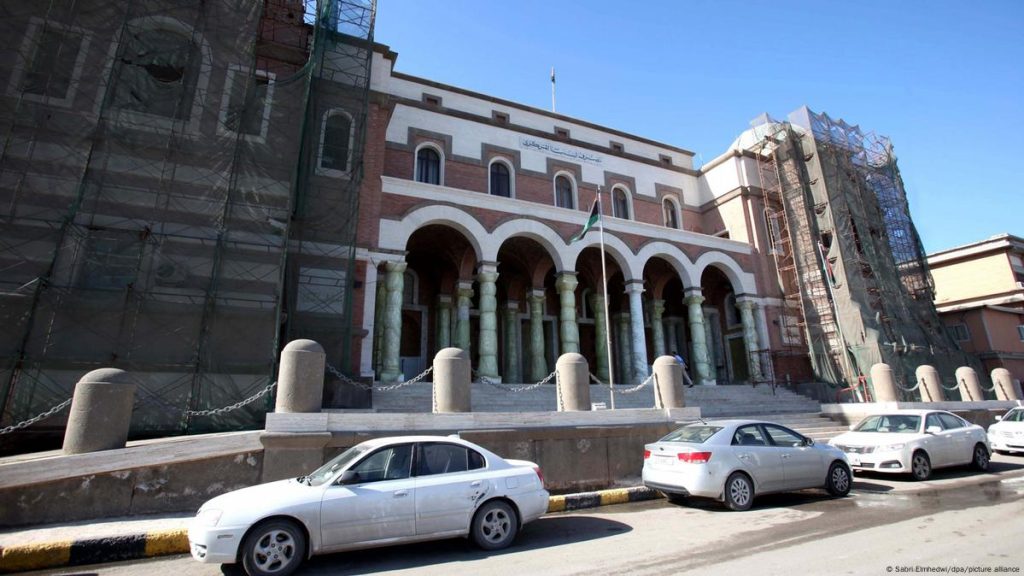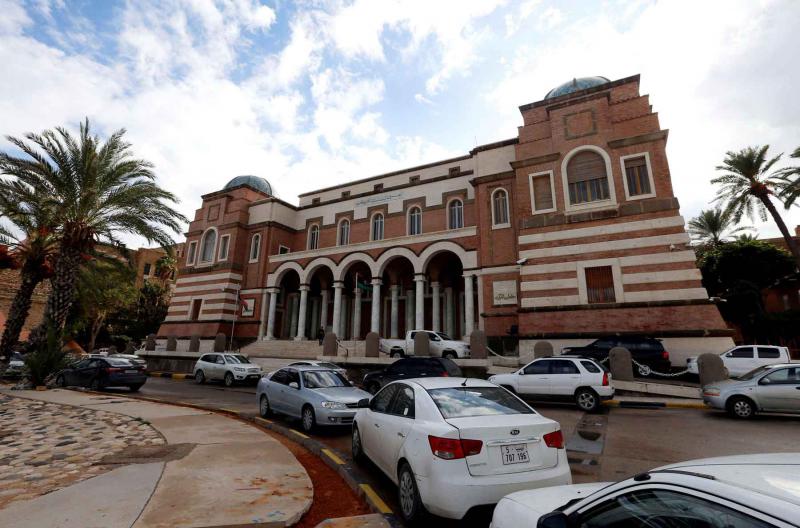Libya’s Central Bank Suspends Operations Following Kidnapping of IT Director
2 min read

Libya’s central bank has announced a complete suspension of its operations after its Information Technology Director, Musab Msallem, was abducted in Tripoli. The bank condemned the kidnapping and stated that its activities would remain halted until Msallem is safely returned.
In a statement released on Sunday, the central bank reported that Msallem was forcibly taken from his home by an unidentified group. The abduction follows recent threats against other bank employees, exacerbating the already tense situation. The bank emphasized that no operations would continue until Msallem’s release is secured.
This incident is the latest in a series of challenges facing Libya’s central bank. Just a week earlier, the bank experienced a siege by armed individuals, reportedly aimed at pressuring the resignation of the bank’s governor, Seddik al-Kabir. Al-Kabir, who has been in office since 2012, has faced criticism over his handling of oil revenues and the national budget.
 The Libyan central bank, though state-owned, is the only internationally recognized institution for managing the country’s oil revenue—a critical economic lifeline for Libya. This role has been crucial amid Libya’s ongoing political instability, which has seen the country divided between rival governments in Tripoli and Benghazi.
The Libyan central bank, though state-owned, is the only internationally recognized institution for managing the country’s oil revenue—a critical economic lifeline for Libya. This role has been crucial amid Libya’s ongoing political instability, which has seen the country divided between rival governments in Tripoli and Benghazi.
Since the fall of Muammar Gaddafi in 2011, Libya has struggled with persistent insecurity and a fragmented political landscape. The country is currently governed by two competing administrations: the UN-recognized government in Tripoli and a rival government in the east led by General Khalifa Haftar.
The recent kidnapping and previous siege highlight the severe challenges faced by Libya’s financial institutions amidst the broader backdrop of national turmoil and power struggles.